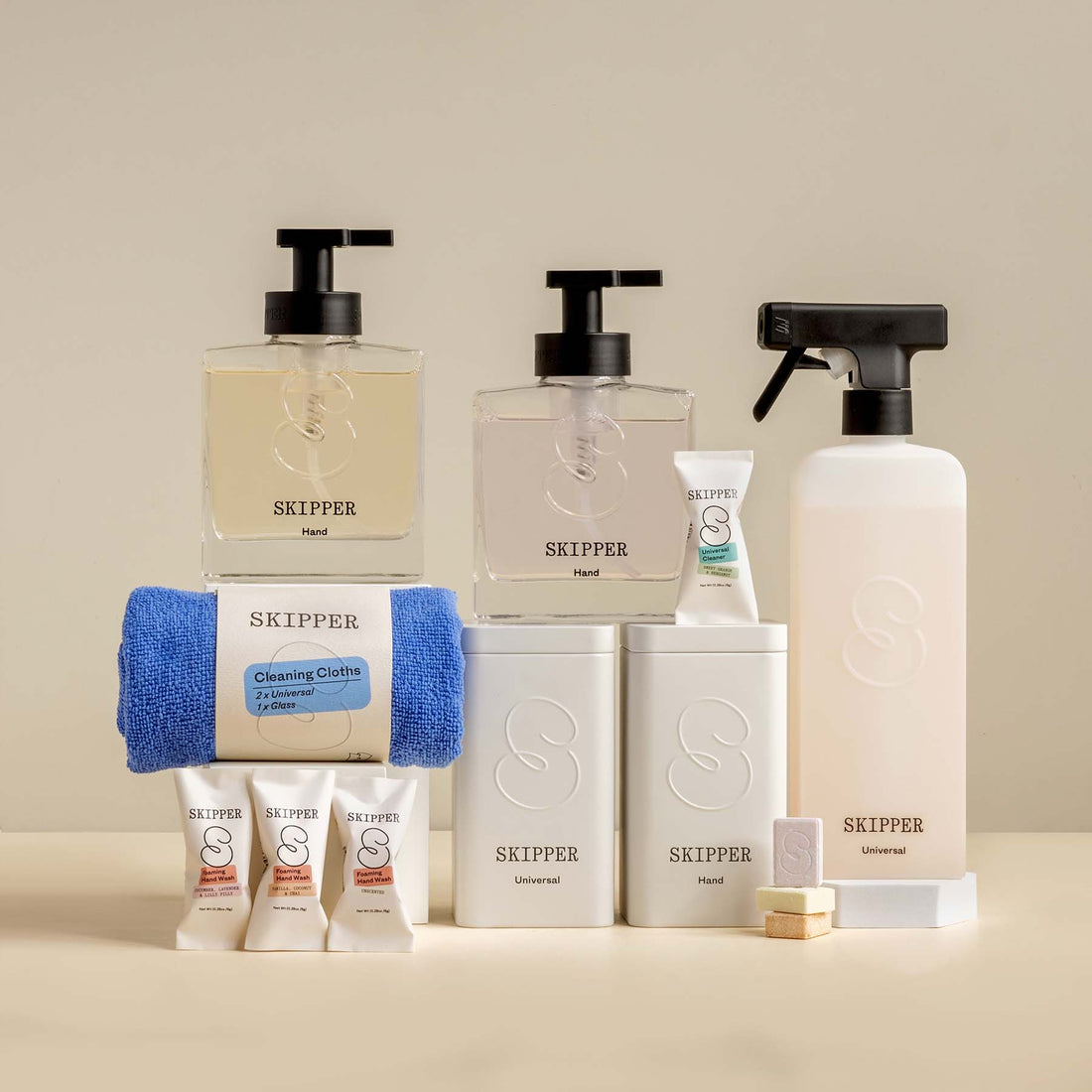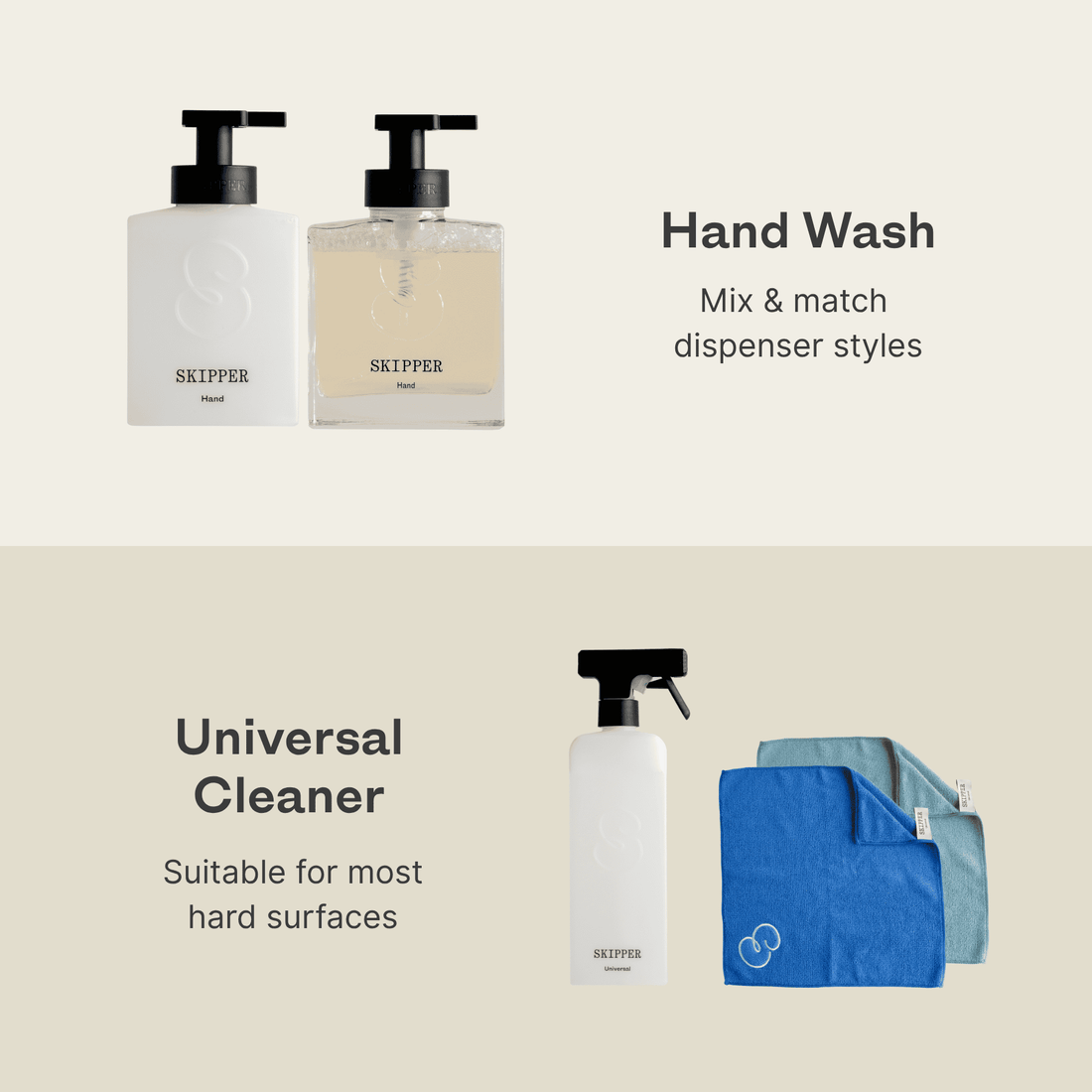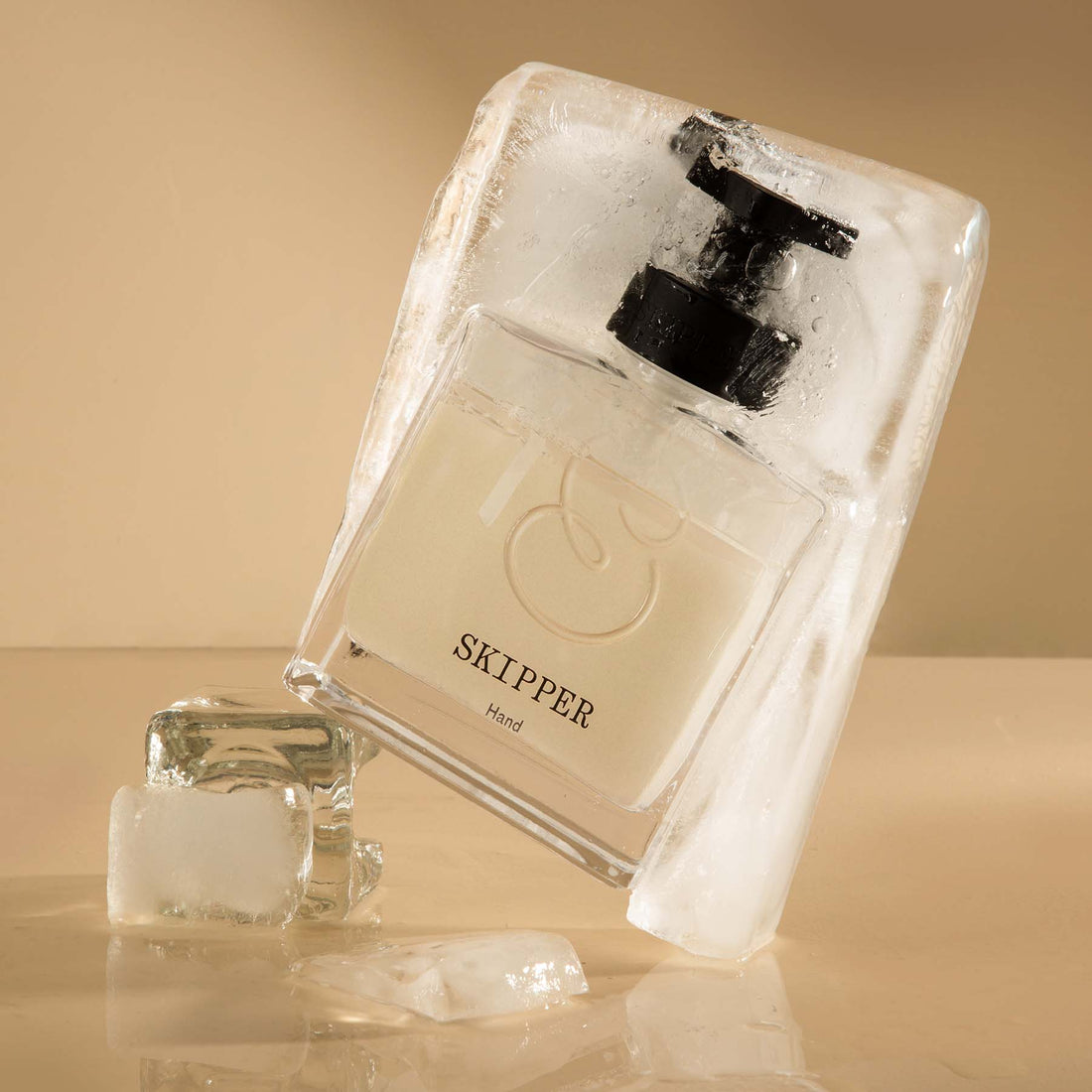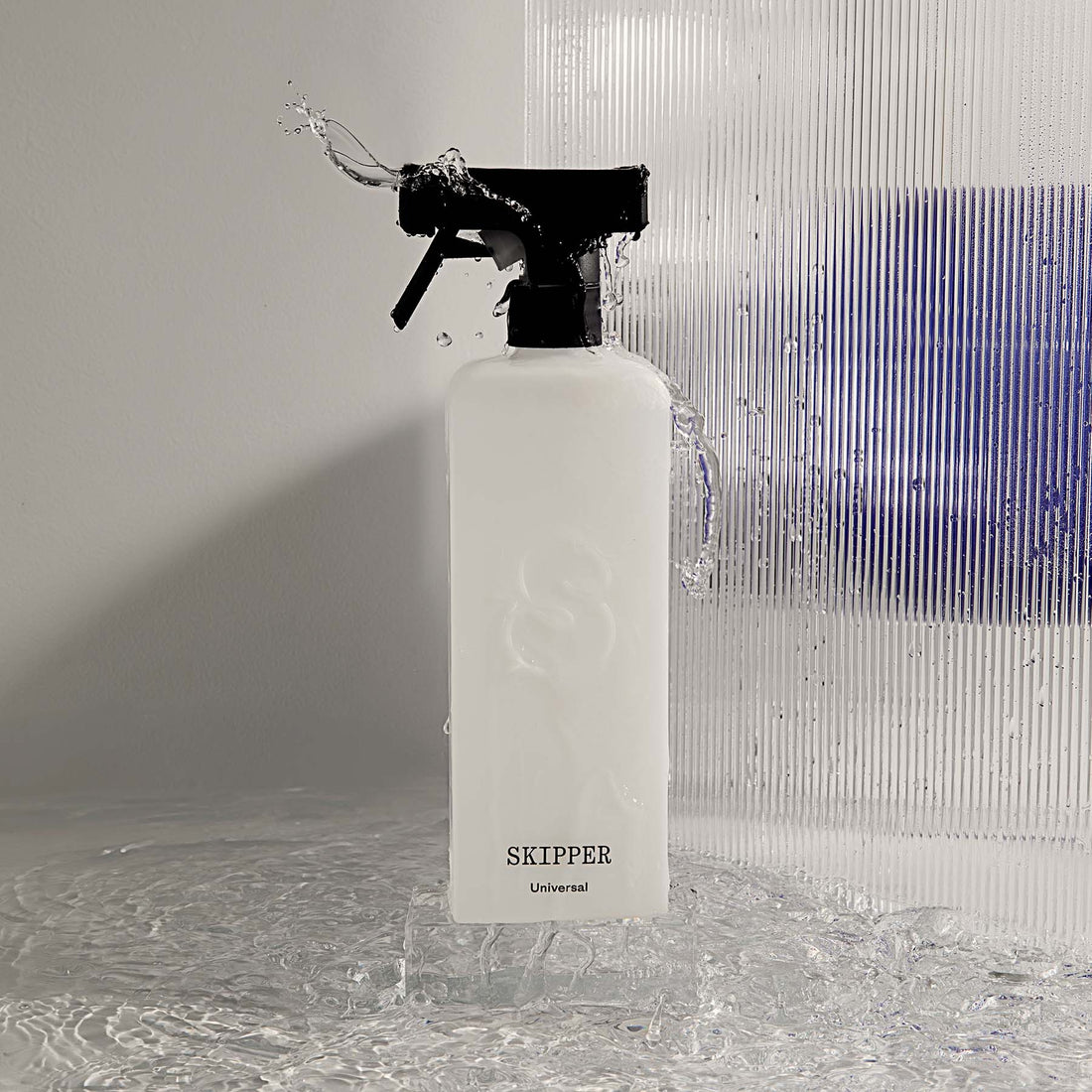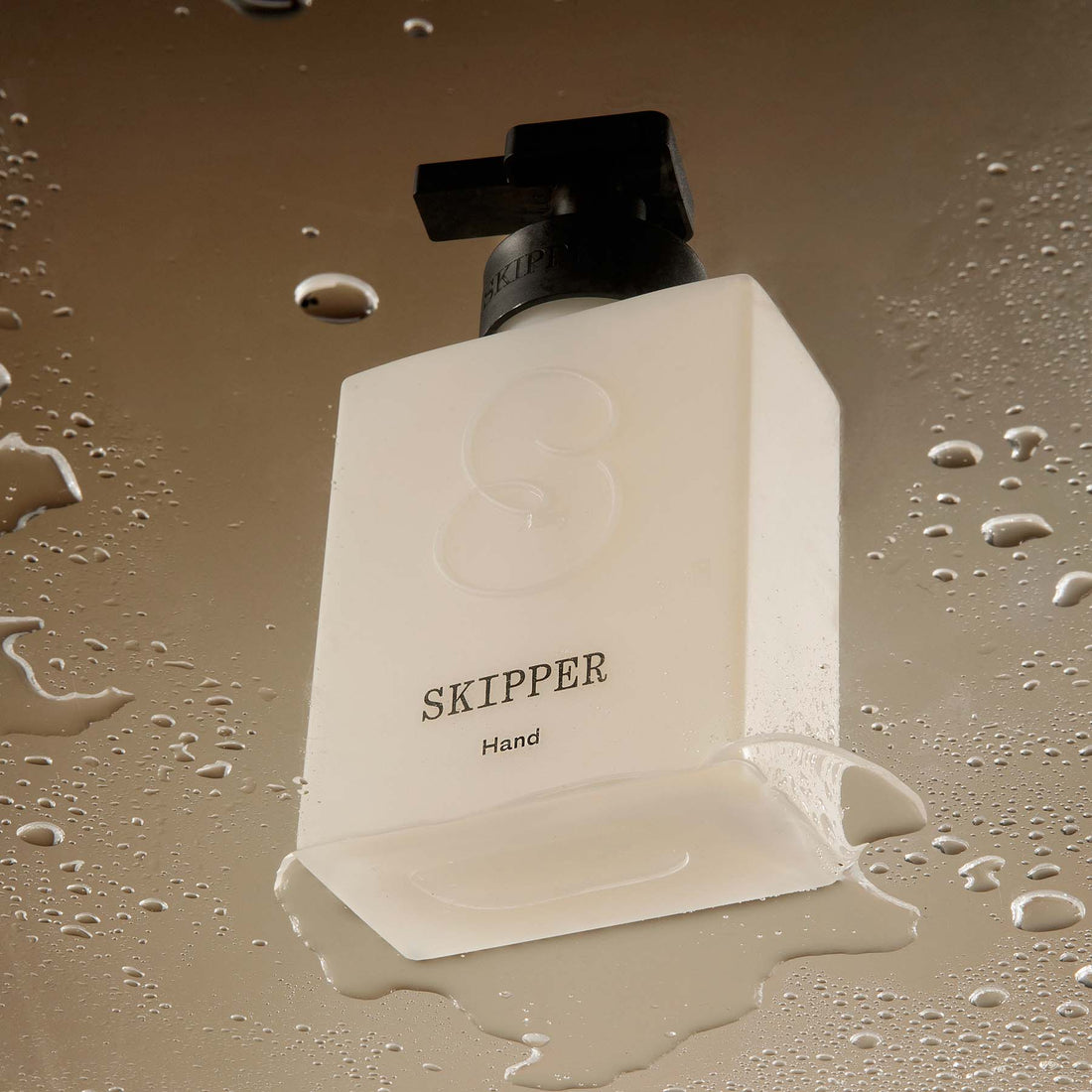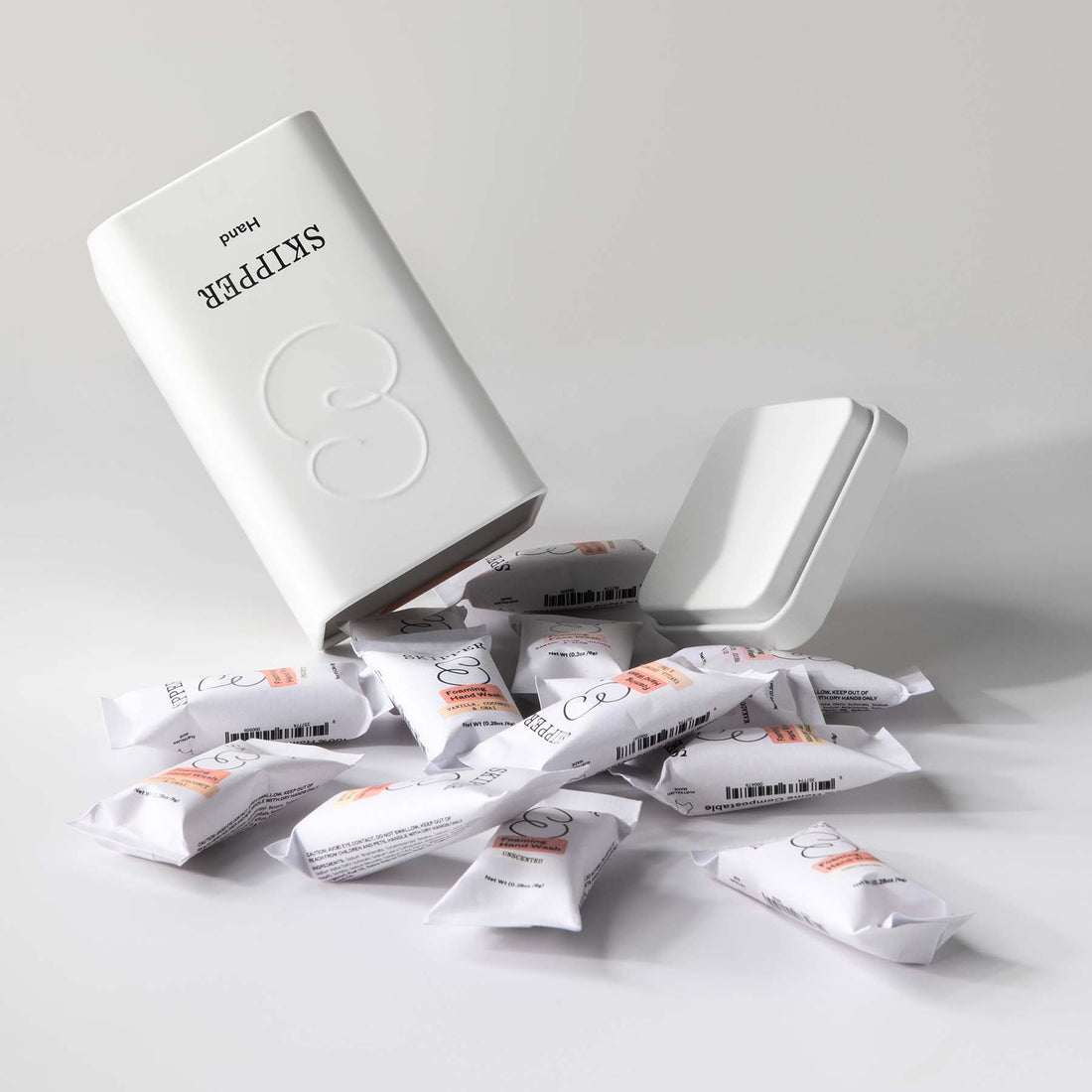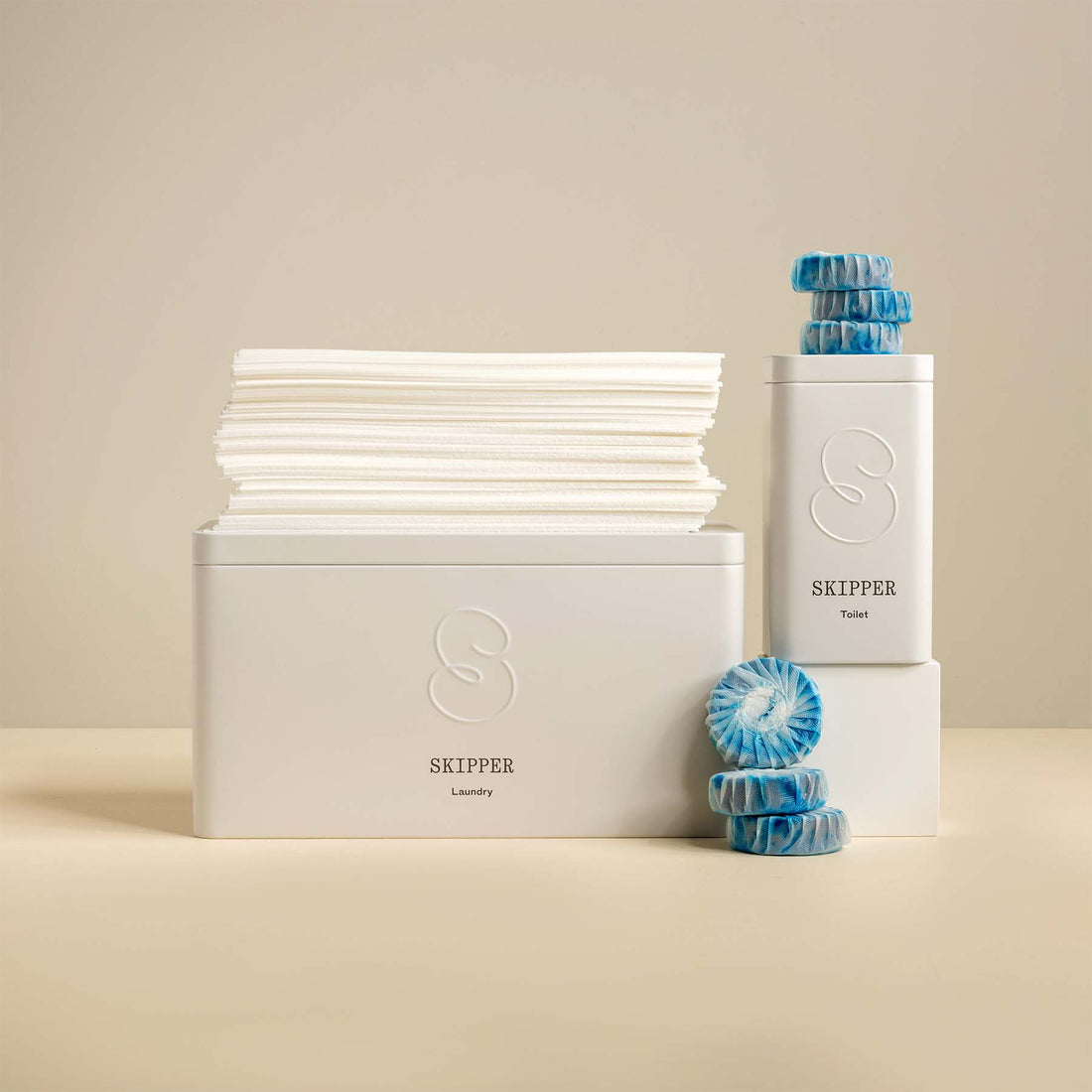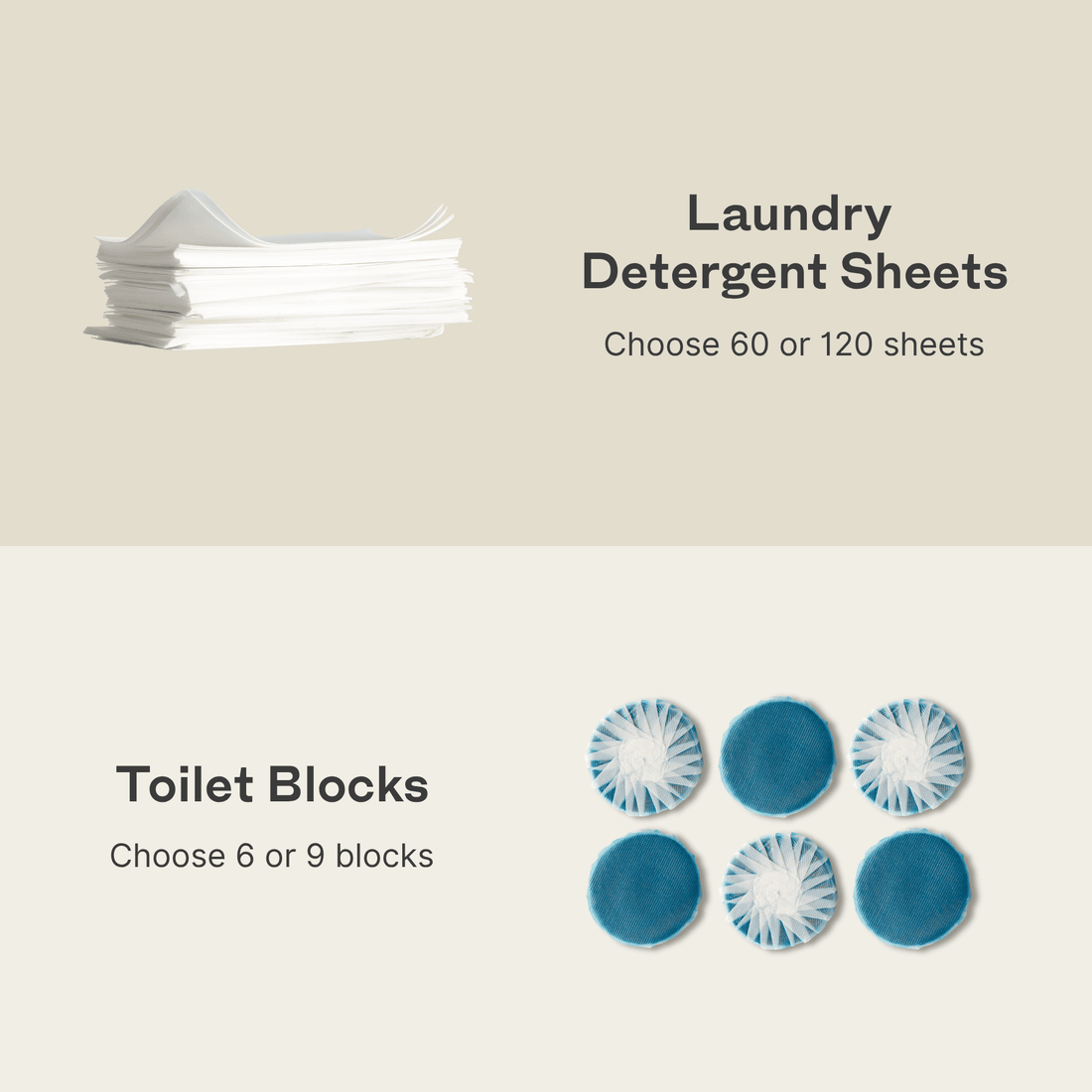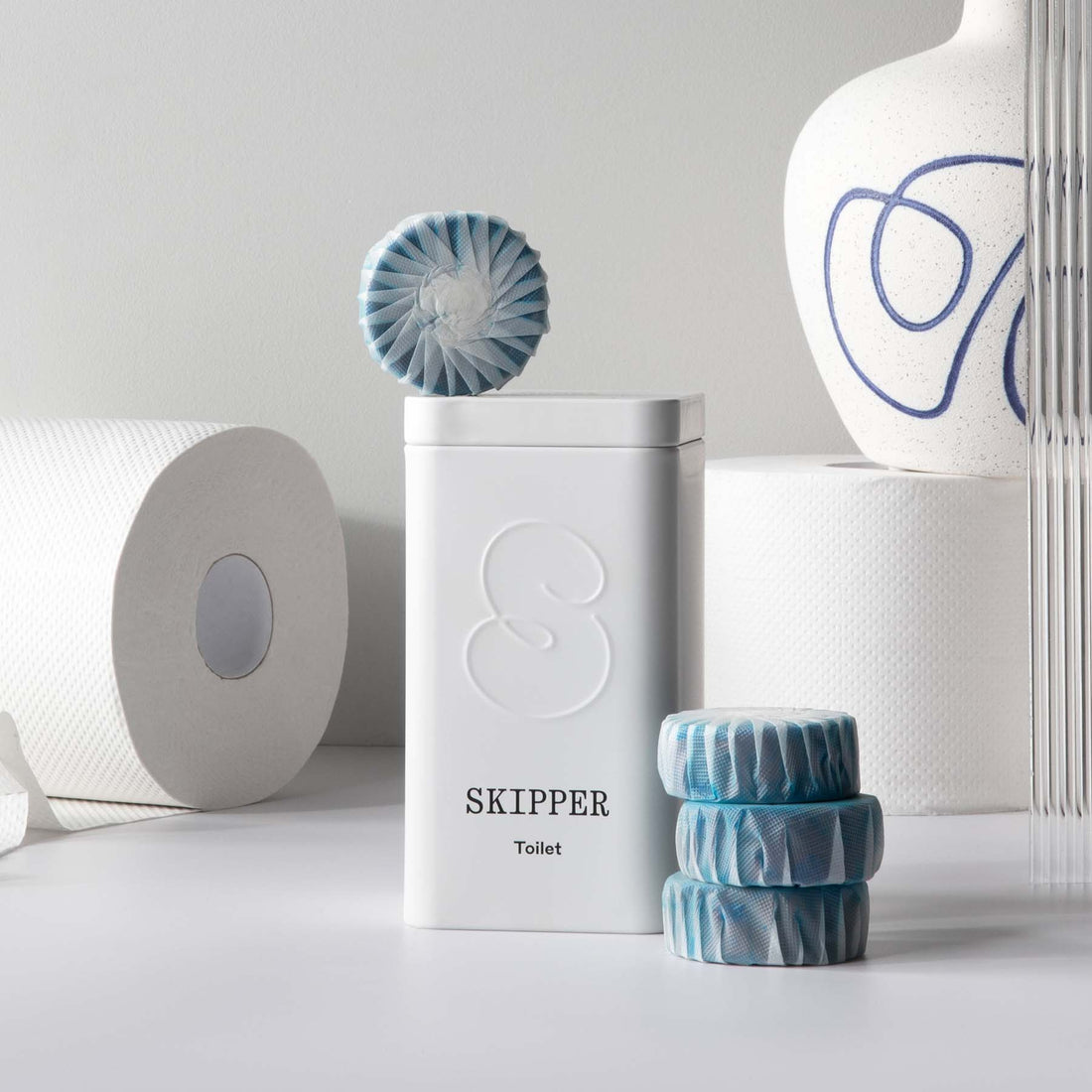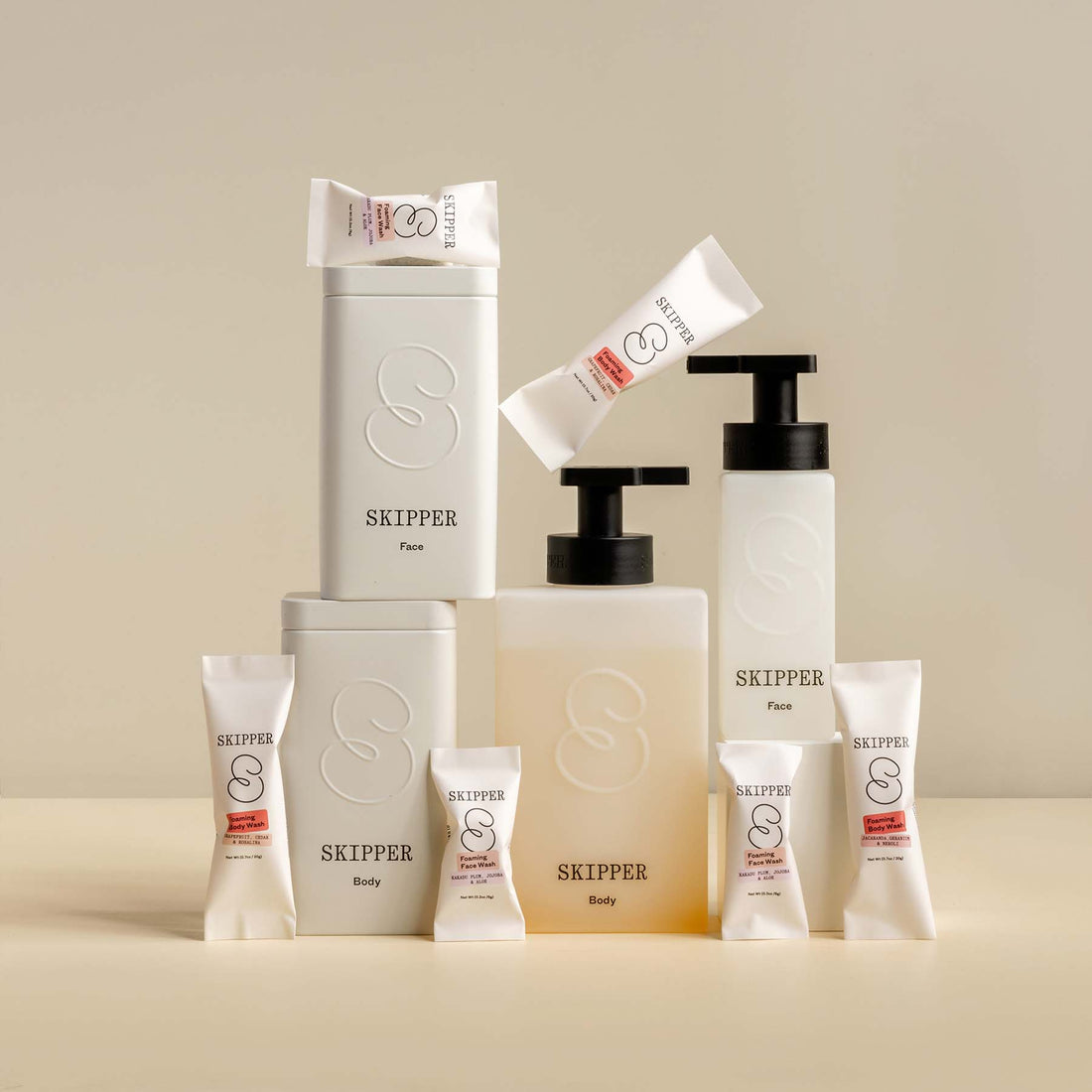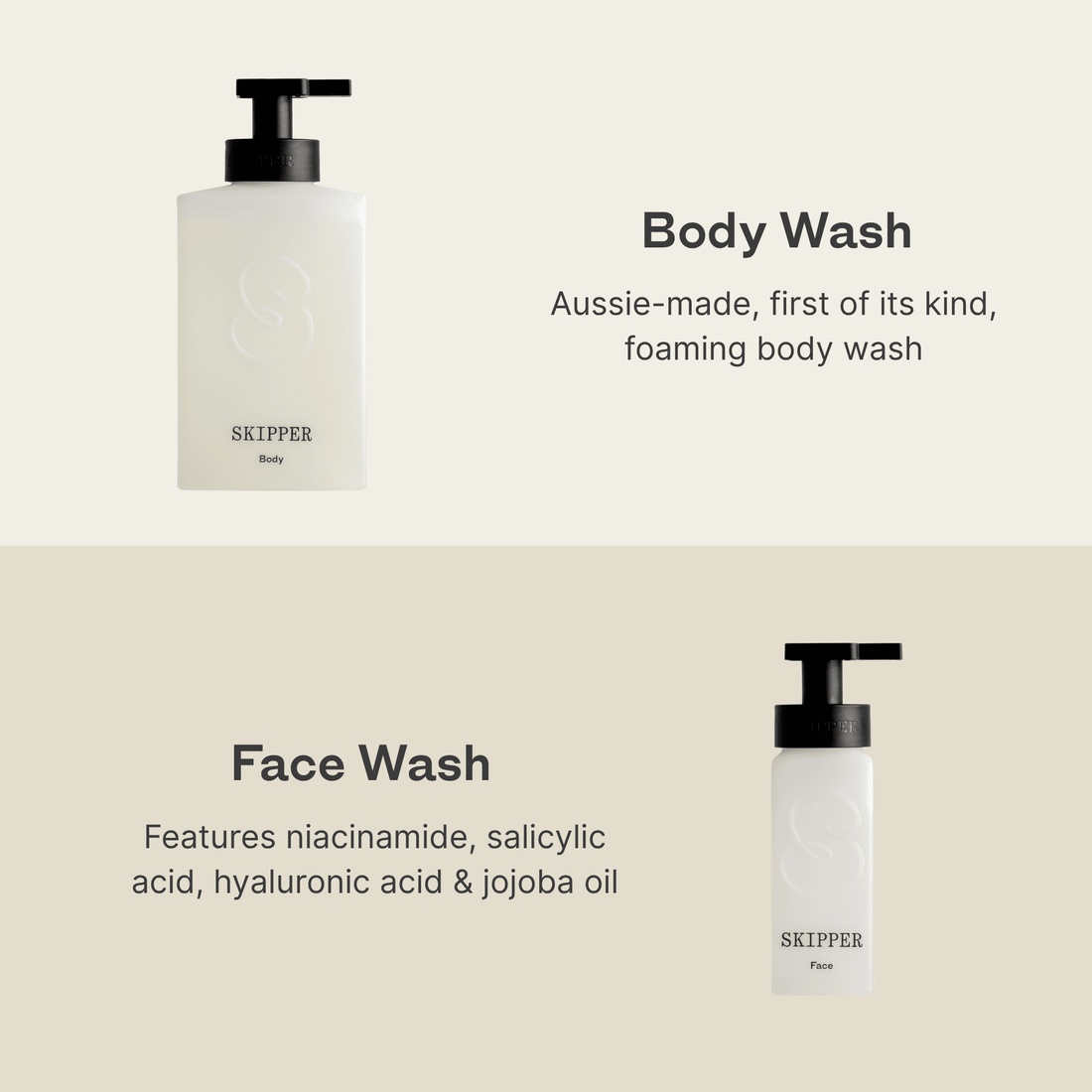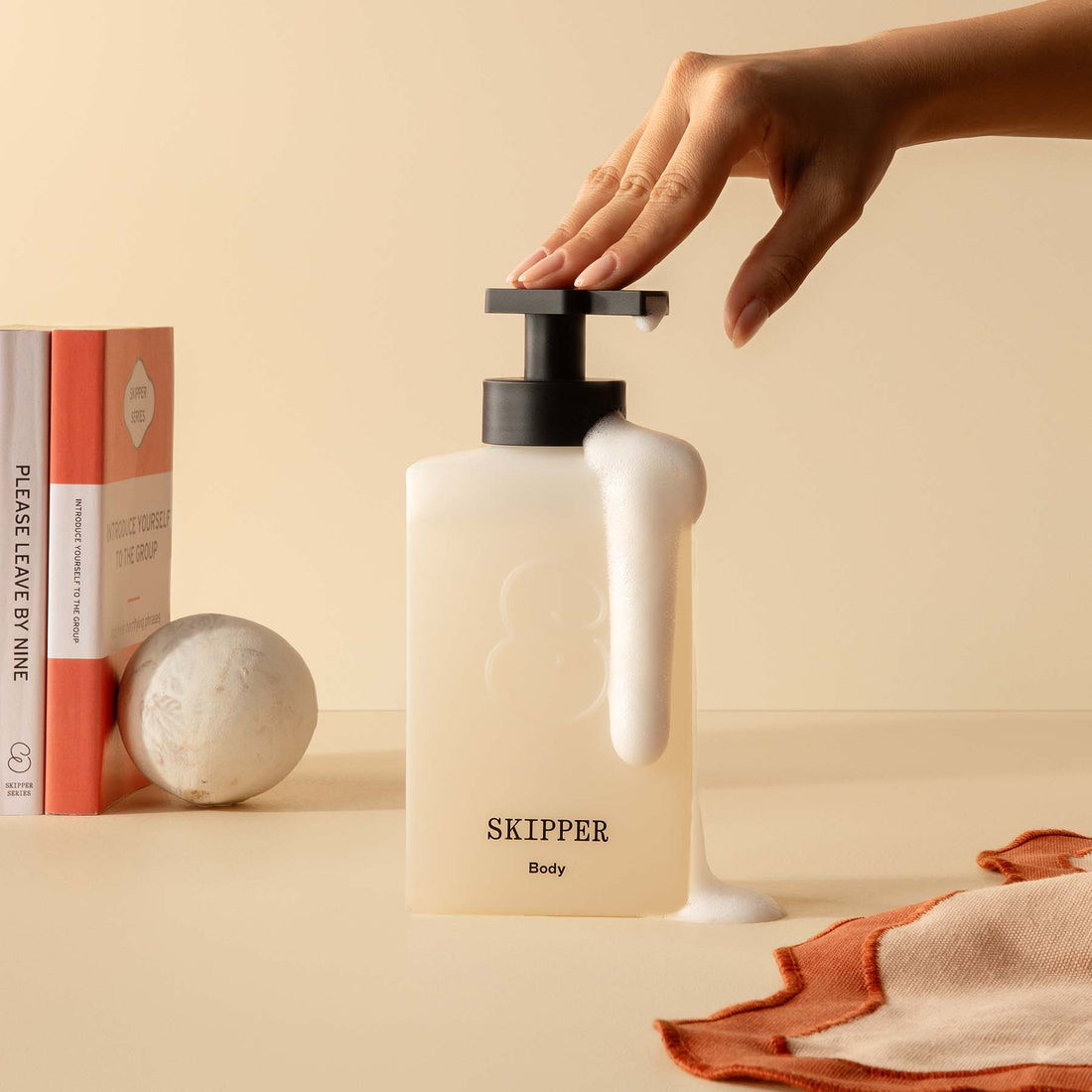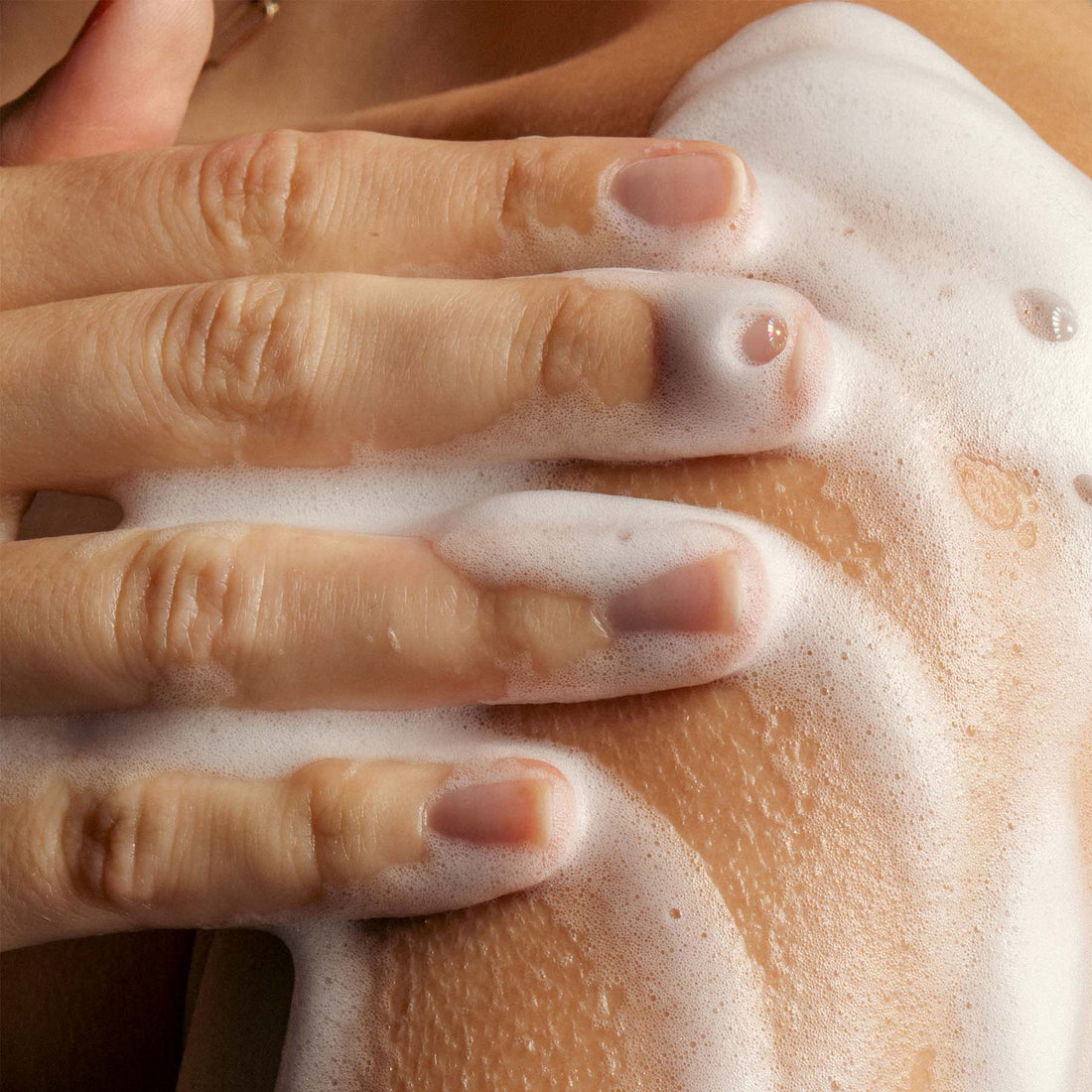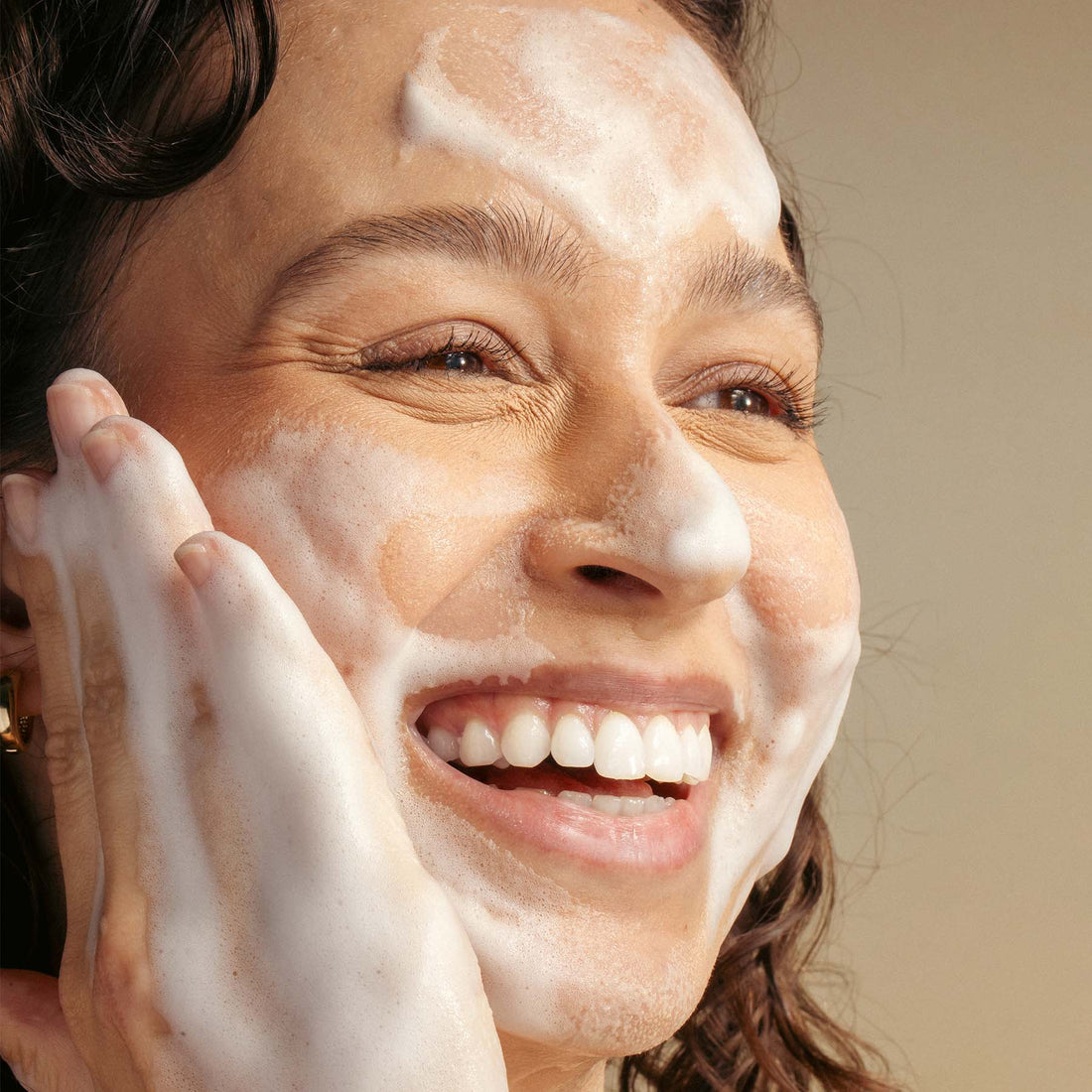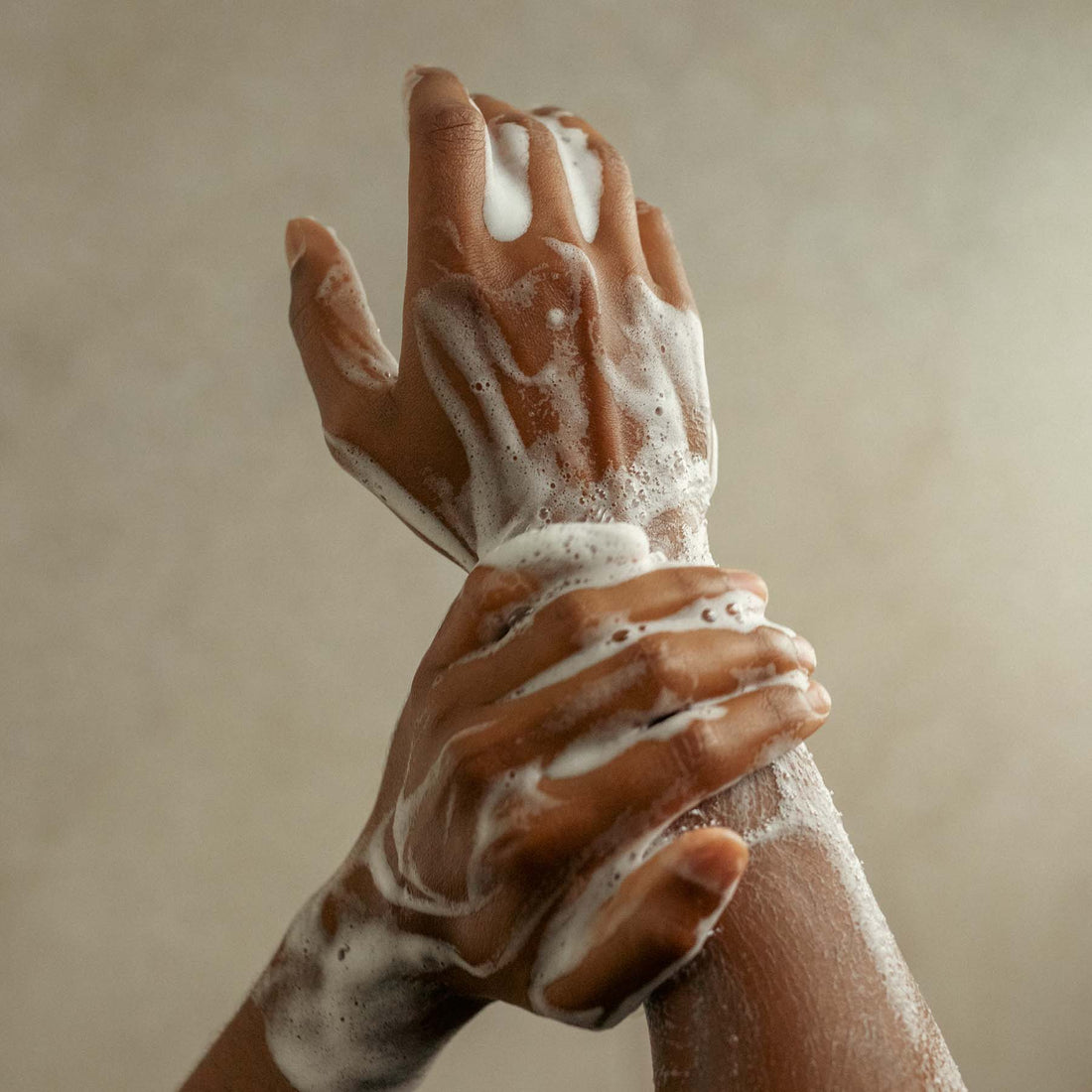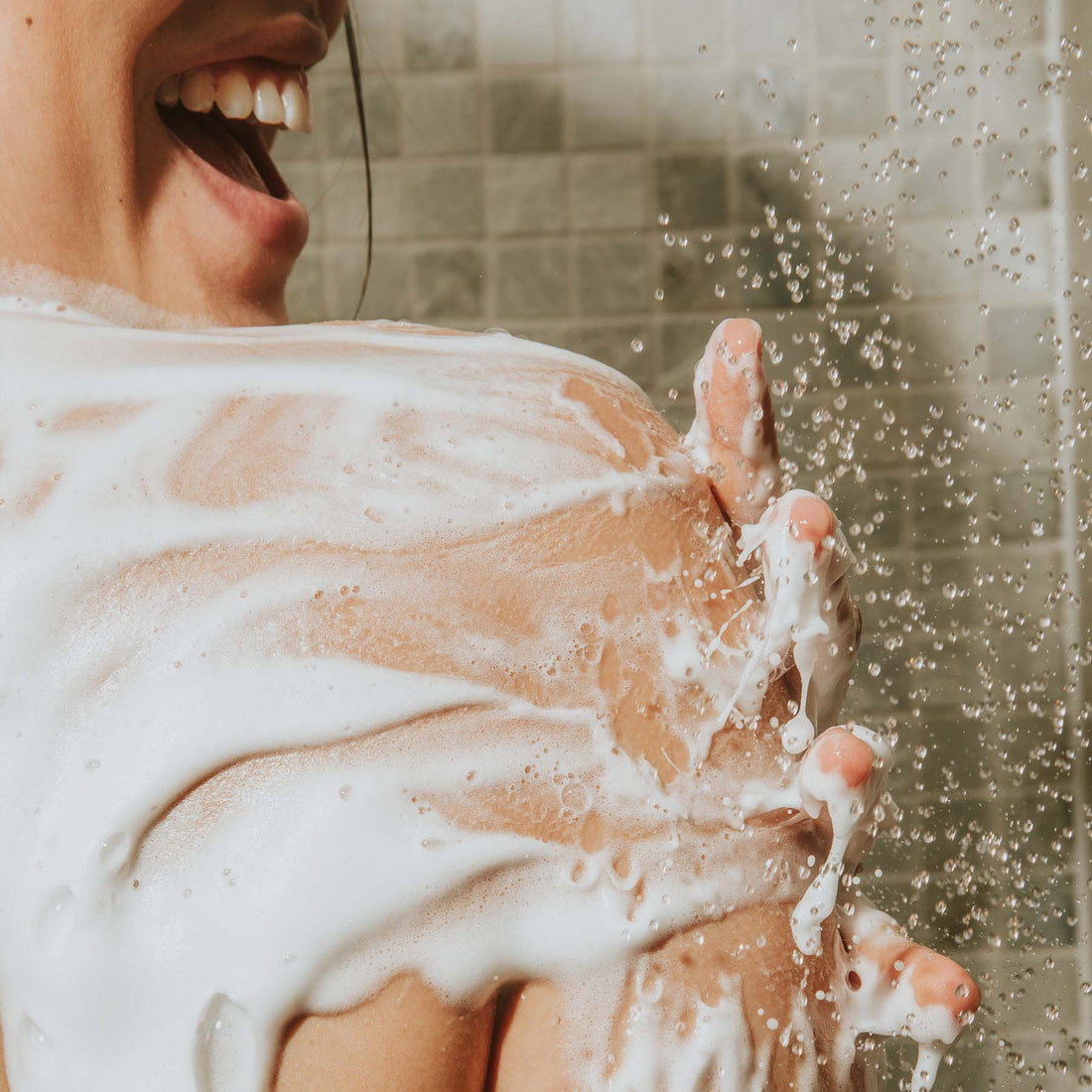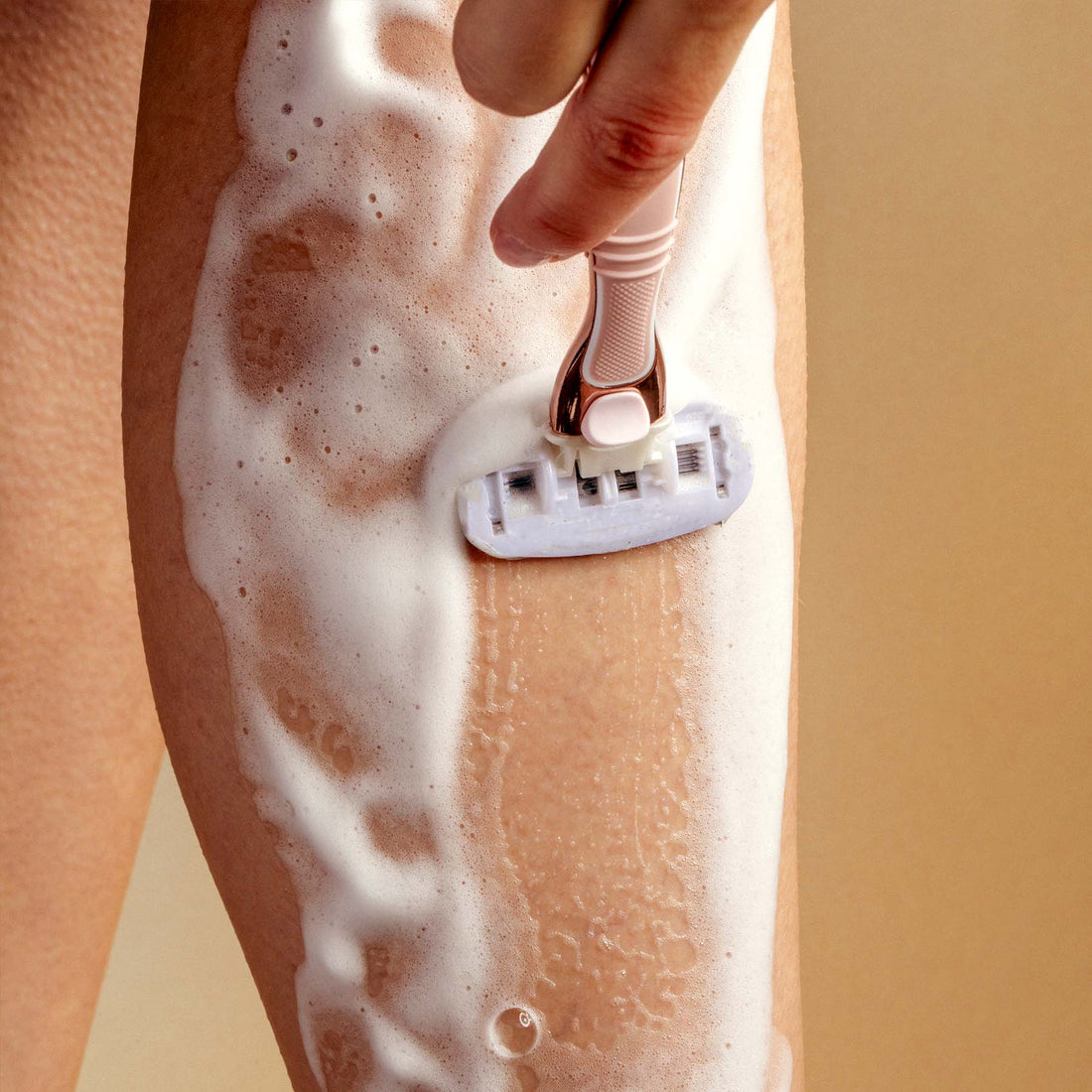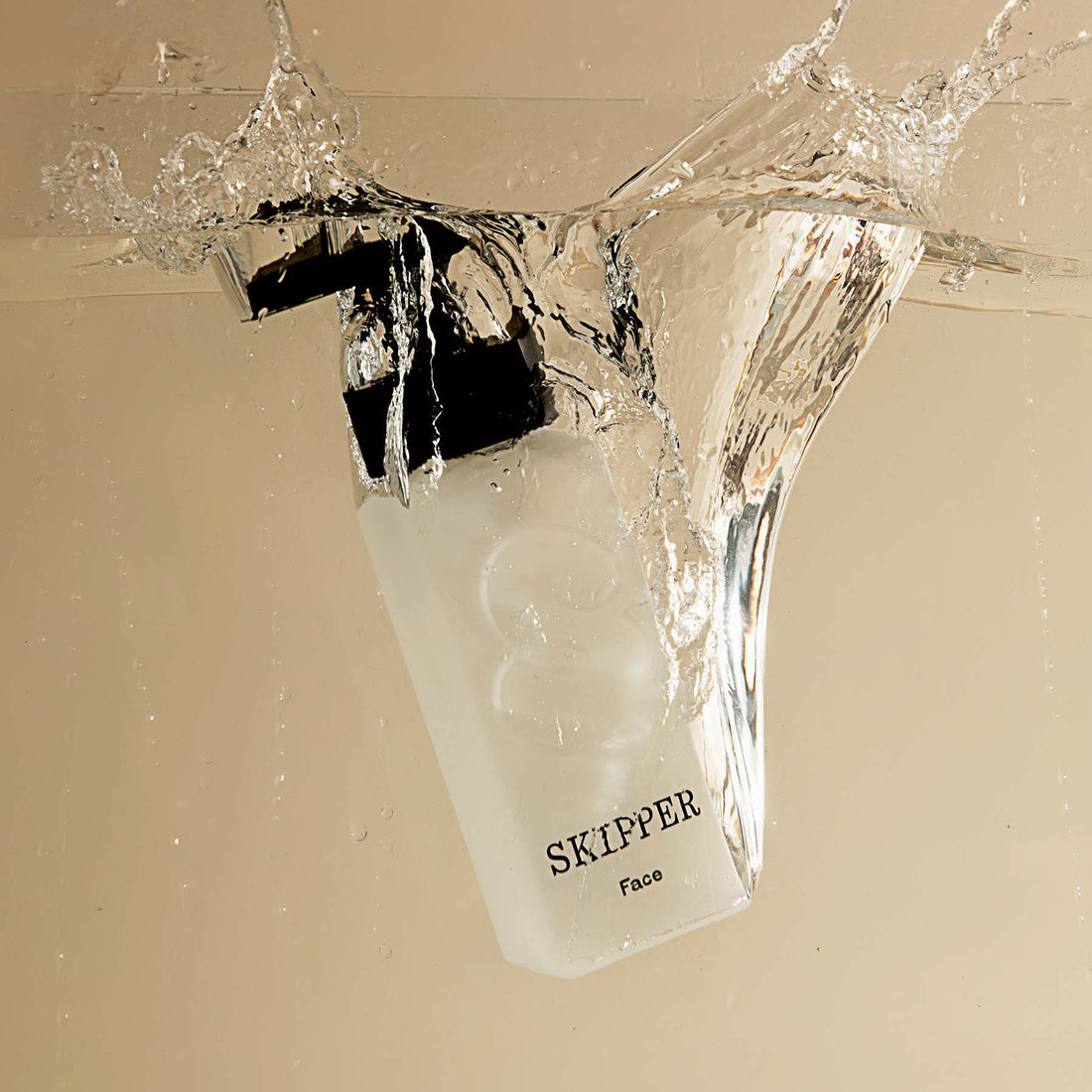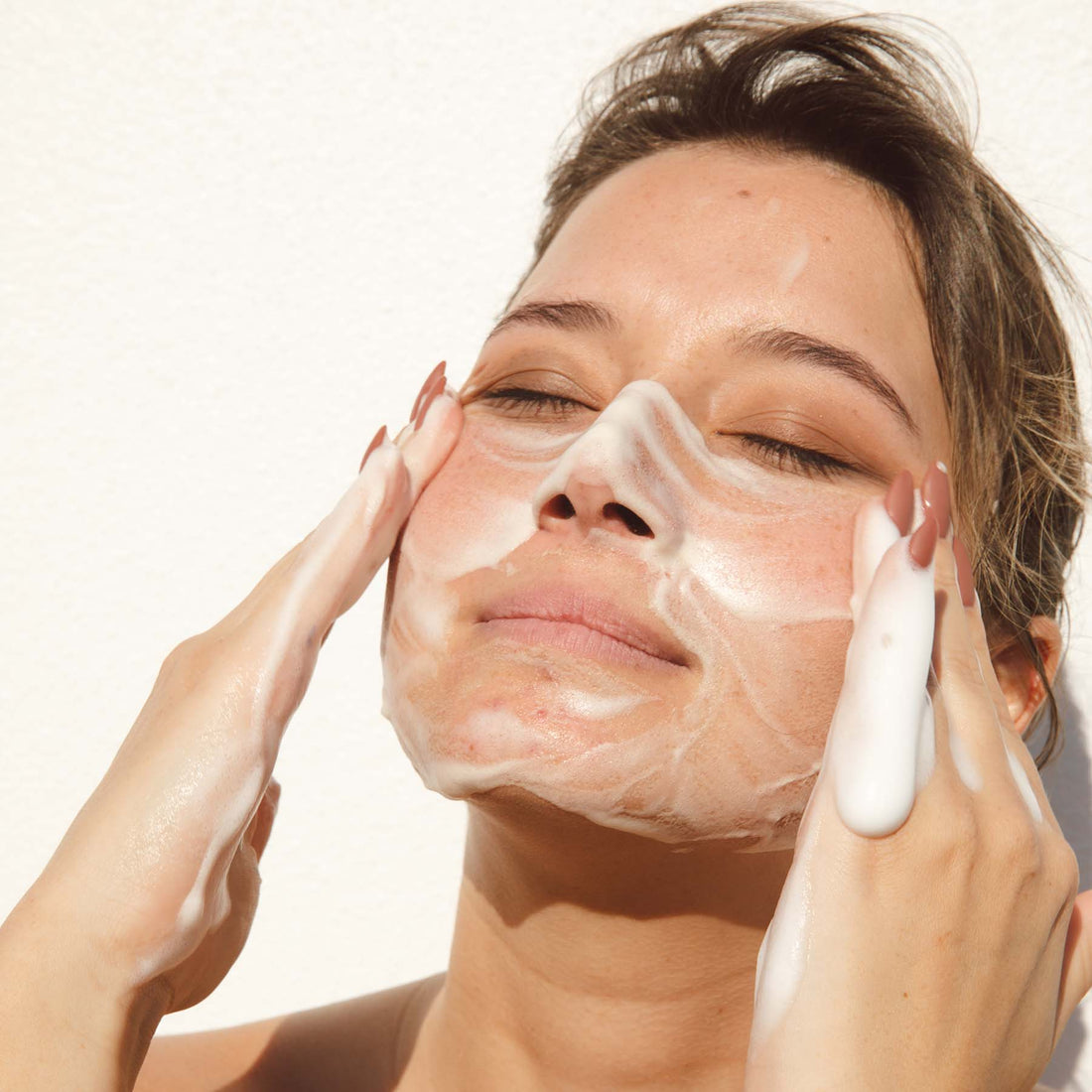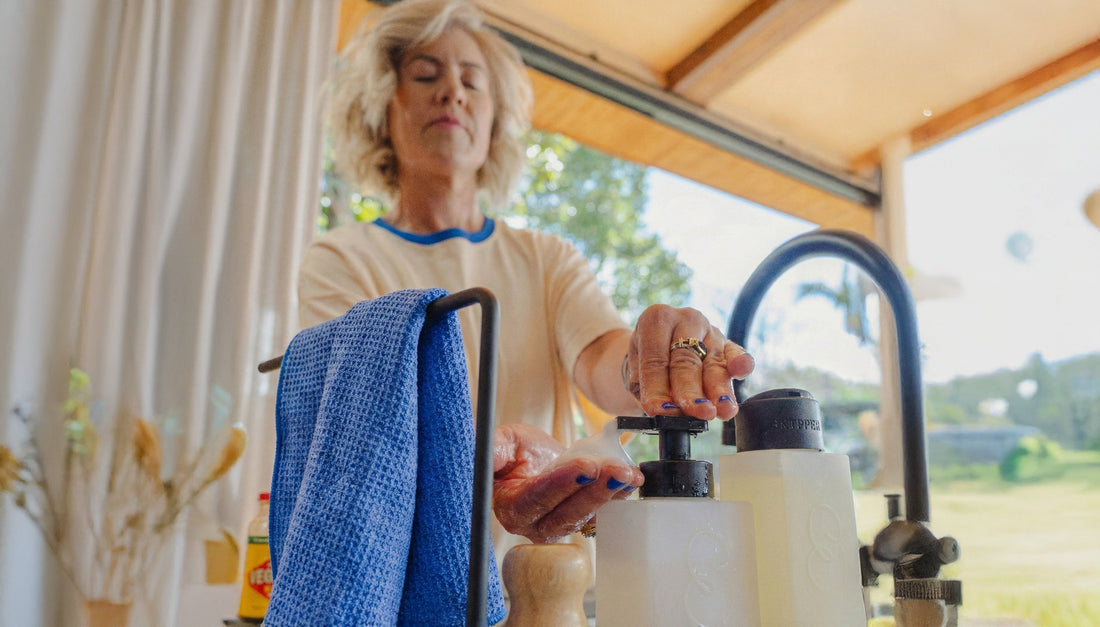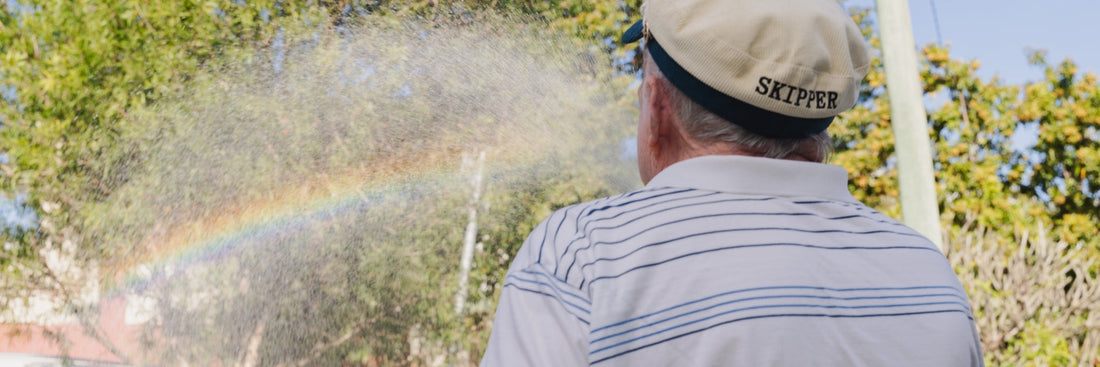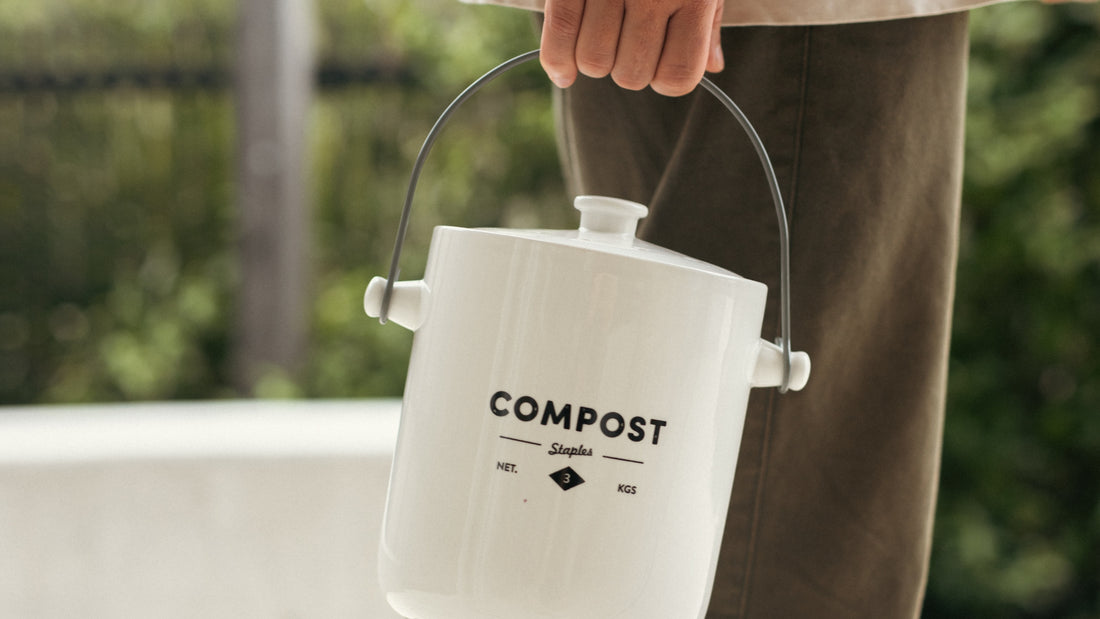What actually is plastic?
When we’re talking about plastic, it might bring a few different things to mind. Some of the most common plastic items we encounter are things like plastic bags, cling film, coffee cup lids, and containers in which you get your takeaway. Many of these are being gradually phased out from our daily routines, all in the name of reducing the amount of plastic (and microplastics generated as they break down) in our environment.
While these are all valid examples, when we look at plastic through a more technical lens, we need to look at it on a chemical level. The way that individual atoms in a molecule bond, along with how those molecules interact with each other and, in turn, break down, is how we classify different things in our world.
Plastic is defined as something that is primarily made from polymers, which are large molecules. To be classified as plastic, it also needs to be made from something synthetic or semi-synthetic - this can include being made from plant extracts or fossil fuels.
With that in mind, plastic technically comes in many different forms and breaks down differently.
Are laundry sheets plastic?
In part, yes. One of the ingredients used in our sheets, PVA (Polyvinyl Alcohol) is a water-soluble synthetic polymer, and is indeed technically a form of plastic. Of course, it’s also biodegradable (more on that later).

Why are we using plastic in our sheets?
It’s not just our sheets, we use it to wrap our dishwasher tablets, and toilet blocks too. It has outstanding film-forming properties, helping to encapsulate and bind ingredients together.
Is PVA bad for the environment?
This is what’s causing a buzz lately. Our well-researched conclusion is a confident, no.

First, some background behind the recent buzz
The PVA debate is being championed by Blueland, a US-based private company that sells laundry tablets (that do not contain PVA) which compete in the US market against laundry sheets and pods.
They funded a study in 20215 which suggested that PVA does not biodegrade in US wastewater treatment plants, and is therefore not readily biodegradable as is commonly understood. This is despite decades of peer-reviewed research that supports the use of PVA.
Blueland also petitioned to the EPA to further regulate PVA and are championing a bill in New York City to restrict laundry and dishwasher pods.
Since then, scientists at the EPA (US Environmental Protection Agency) have rejected the claims made from the Blueland study, of which the petitions are based.6,7
A quick lesson on “conflicts of interest”
Blueland has a commercial interest in discrediting PVA as it is in direct competition with brands that manufacture laundry sheets and pods. In fact, it is not uncommon for companies to fund studies that form conclusions in-line with their commercial interests.
More recently in Australia, other companies that have a commercial interest in the discrediting of laundry sheets and pods have taken the opportunity to share similar messages. In fact, one company that recently discredited sheets for “being plastic” also uses the same PVA in a separate product.
At Skipper, we of course have a commercial interest in the use of PVA as we use the ingredient in 3 of our products. We use this ingredient thoughtfully, after carefully reviewing scientific literature to form our objective use.
Navigating the commercial world to do what’s right can be tricky, and our advice is simple. Every product you use will have some sort of impact - from the materials used and the way it’s packaged to how you need to dispose of it (or how it breaks down). Choosing the options that fit in with your ethics and preferences are key, along with doing your own research and looking into some impartial scientific journals if you’re that way inclined. Find companies with values that align with yours, run by people you can trust, and that can cite objective research to support their claims.

So is PVA biodegradable? Does it form microplastics in the environment?
Based on decades of research, the conclusion is: Yes it’s biodegradable, and no on microplastics. We could explain it all here, but this summary fact sheet from the American Cleaning Institute makes a great starting point.
*It is worth noting that the American Cleaning Institute who created the fact sheet is funded in part, by many larger corporations who also have a commercial interest in PVA use. Accordingly, we have evaluated the comments and citations for objectivity.
What is the grey area then?
Core to the reasons that the EPA rejects the Blueland's petition is that:
A. The study funded by Blueland explores PVA structures not used in laundry pods or sheets (such as those in food packaging), and evaluates the environmental impacts of microplastics generally. There is a lack of focus on the water-soluble PVA structures actually used in laundry pods or sheets. Some forms of PVA are not readily biodegradable in water. Like we mentioned earlier, not all plastics are the same and the way they’re made and what they’re made from will impact how they break down and their longer-term impact on the environment.
B. In raising their petitions, Blueland has not adequately acknowledged the decades of existing research supporting water-soluble PVA structures commonly used, nor identified specifically what is lacking to cause a concern about its use and safety, which would prompt additional testing. It’s always good to endeavour to improve on the ingredients we use in our everyday lives and household items. However, it’s most important to focus on new research for lesser-known chemicals and components or look at ways we can better reduce the impact of existing commonly used materials.
At Skipper, we support the use of water-soluble PVA and will continue to use it in certain products where it is beneficial. At present, it is only used in our laundry sheets, dishwasher tablets and toilet blocks. Rather than doing away with PVA entirely, we still see it as a better alternative than many other commonly used laundry detergent ingredients. Equally, it plays an important role in reducing the overall impact of our products. By limiting the need for packaging, we can use fewer raw materials in production and shipping. This helps lower the fuel needed to deliver our products to our customers’ homes, along with limiting the amount of rubbish that goes in the bin when you use them.
Whilst messages like “laundry sheets are plastic” and “laundry sheets cause microplastics” are effective in triggering those that want to do the right thing, we remind everyone in our community to do their research and understand the facts before reacting or responding to these.
We’ll always work to do better and be better, delivering household and personal care products that are better for the environment and better for you. If you’ve read this far, we hope you found this useful and insightful.
Stay safe Skipper.
Citations:
4. Emo Chiellini, Andrea Corti, Salvatore D'Antone, Roberto Solaro,
Biodegradation of poly (vinyl alcohol) based materials, Progress in Polymer Science, Volume 28, Issue 6, 2003, Pages 963-1014, ISSN 0079-6700, https://doi.org/10.1016/S0079-6700(02)00149-1.6. Freedhoff, M. Letter to Paiji Yoo, S., Cohen, D. April 21, 2023.
7. Freedhoff, M. Pre-publication notice. April 21, 2023.


































